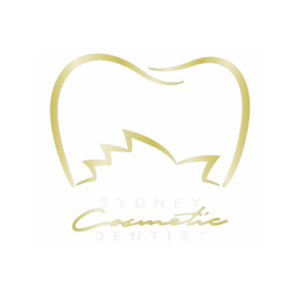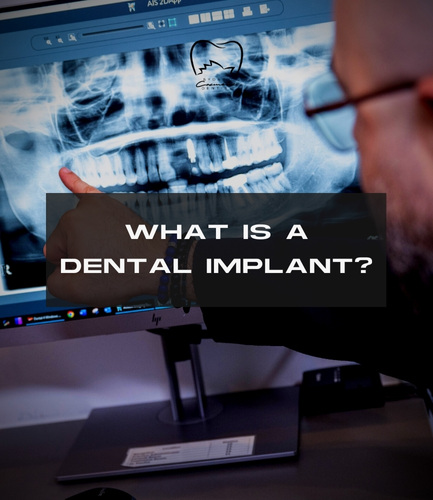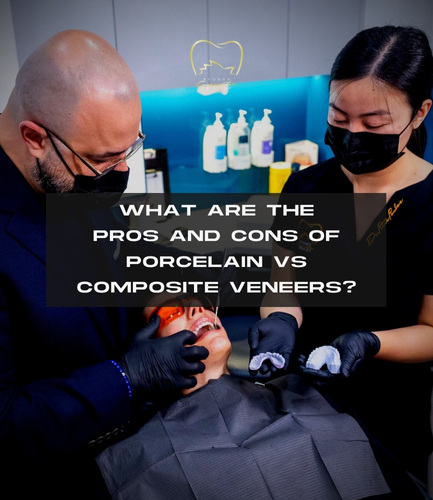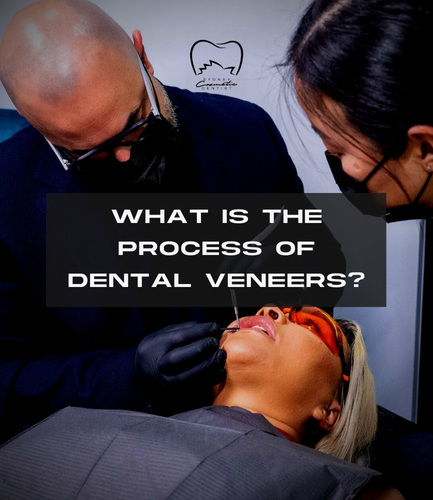Root Canal Treatment
Root Canal Treatment Bondi, Bondi Junction, Sydney
1 Introduction
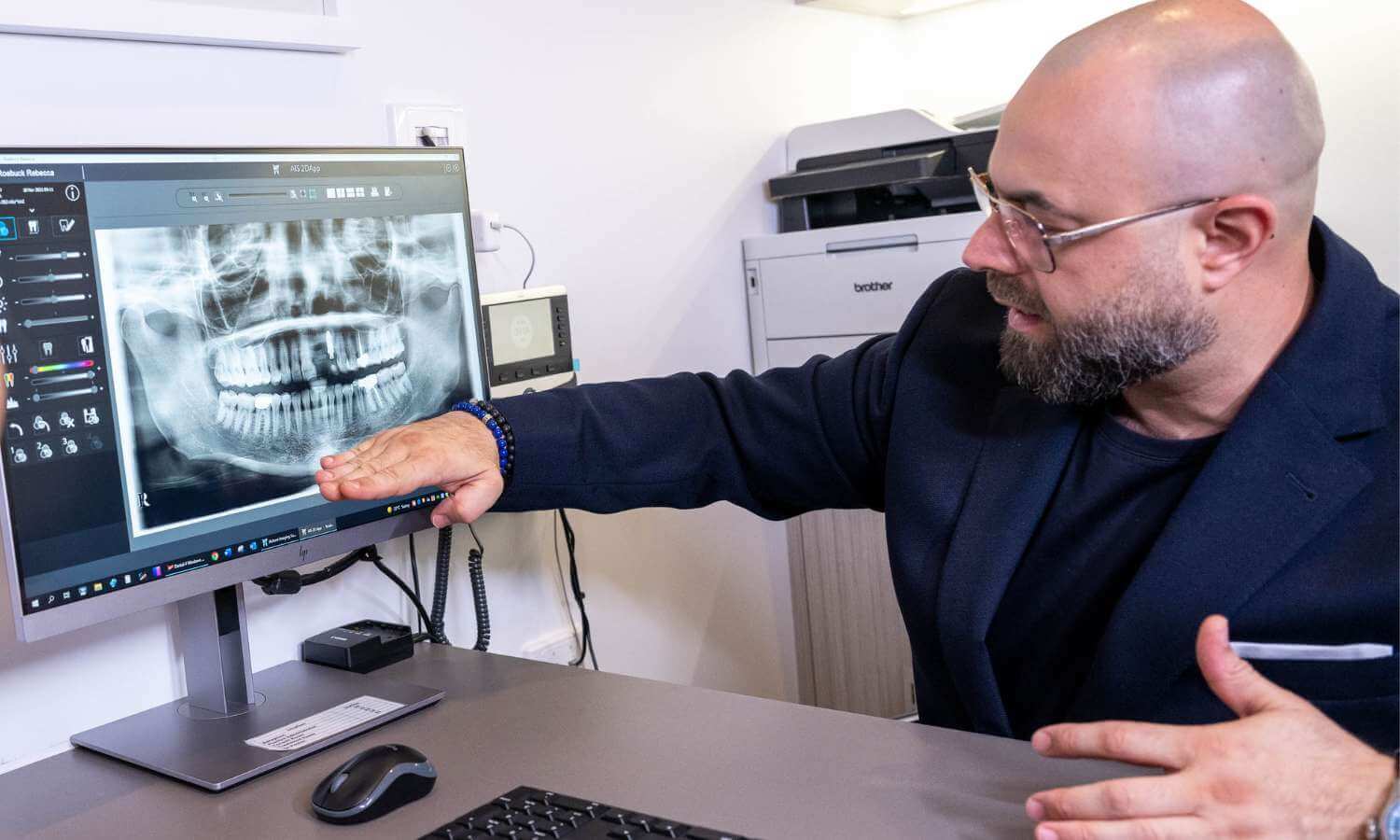
When the infection spreads past the crown of a tooth into the root, root canal treatment is the only way to stop the infection and the pain that goes with it. Root canal treatment is formerly known as endodontic therapy and is a specialised branch of dentistry designed to treat an infected tooth root, stop the spread of infection, and save the tooth.
The sooner you seek treatment for tooth pain, the less extensive the treatment will be. And in many cases, the treatment will be more cost-effective. If you have a toothache or pain, Dr Peter Poulos will diagnose the problem, and our team at Sydney Cosmetic Dentist in Bondi Junction, Eastern Suburbs, will work together so you get relief.
2 Tooth Anatomy
Anatomy of a Tooth and its Root
Everyone’s teeth are susceptible to cavities, while some may be more susceptible than others due to heredity or medical conditions. Regular oral hygiene is important to remove debris and bacteria that can harm tooth enamel and cause problems.
3 Root Canal
Root Canal Treatment
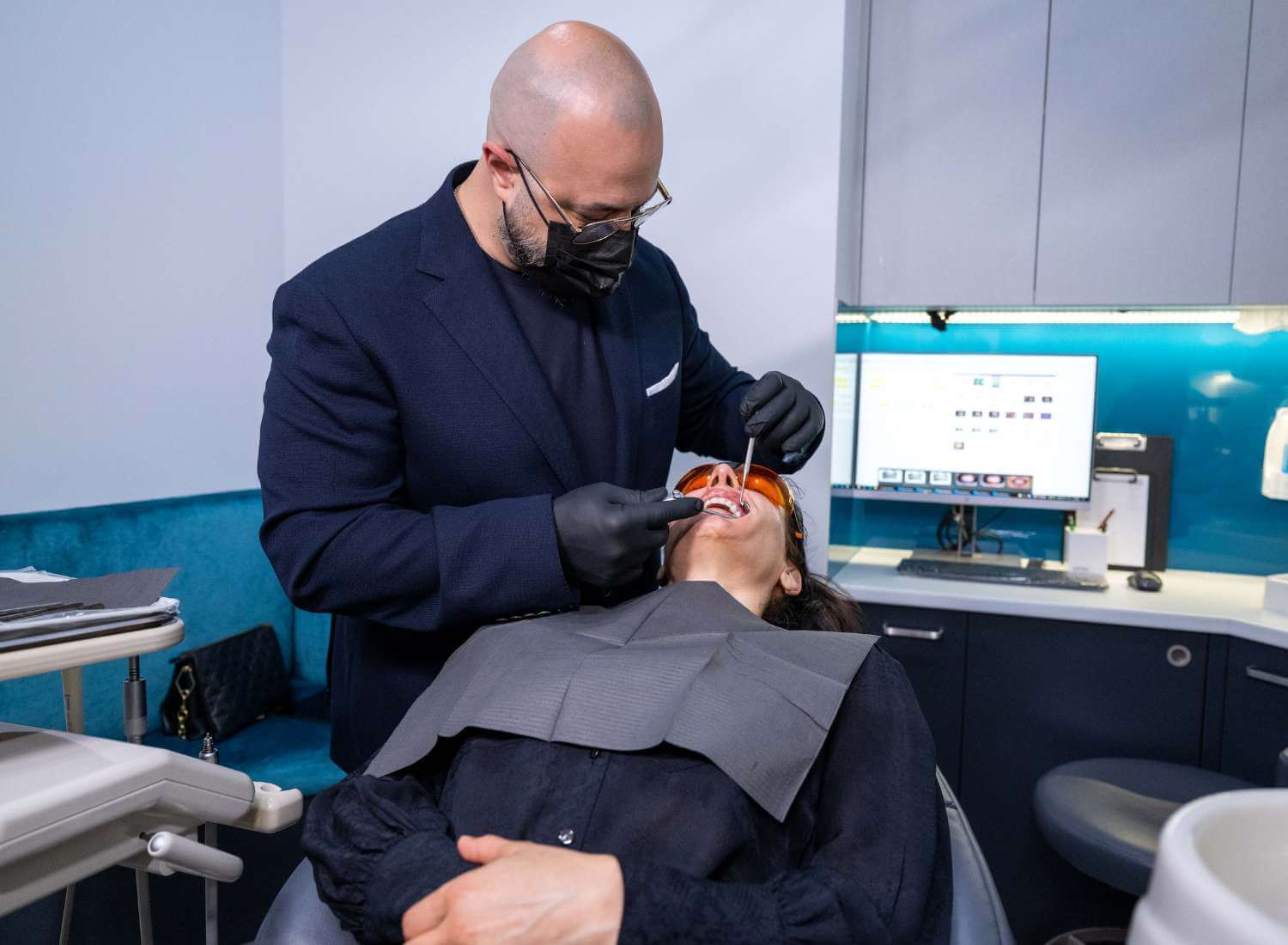
When left untreated, cavities allow more harmful bacteria to go deeper into the tooth, where infection may take hold. When enough time has passed, the infection spreads into the tooth root, and the pulp becomes infected, and root canal treatment is the only solution.
3 Root Canal
Root Canal Treatment

Root canal treatment may be required if bacteria are allowed to spread, causing a hole in the tooth that is known as a cavity.
Cavities are sometimes hidden between teeth or in the crevices of the crown.
When left untreated, cavities allow more harmful bacteria to go deeper into the tooth, where infection may take hold.
When enough time has passed, the infection spreads into the tooth root, and the pulp becomes infected, and root canal treatment is the only solution.
The following is what happens during root canal treatment:
4 Causes
What Causes Tooth or Gum Infection?
The mouth is naturally full of bacteria that make up what is known as the oral microbiome. The microbiome contains both beneficial and harmful bacteria. The harmful or pathogenic bacteria are responsible for problems such as tooth decay and gum infections, which is why daily oral hygiene should be a part of your overall health and well-being.
Because of the way the tooth crown is shaped with many crevices on top and possible spaces between teeth, pathogenic bacteria can become trapped and remain on the teeth, where it turns to calculus or dental plaque as they destroy tooth enamel, even with regular brushing. Signs this may be taking place include chronic bad breath, swollen gums, or cavities. The following are some scenarios that may increase your risk for tooth or gum infections:
Old or failing dental filling
5 PRICE LIST
Download Our Complimentary Price List
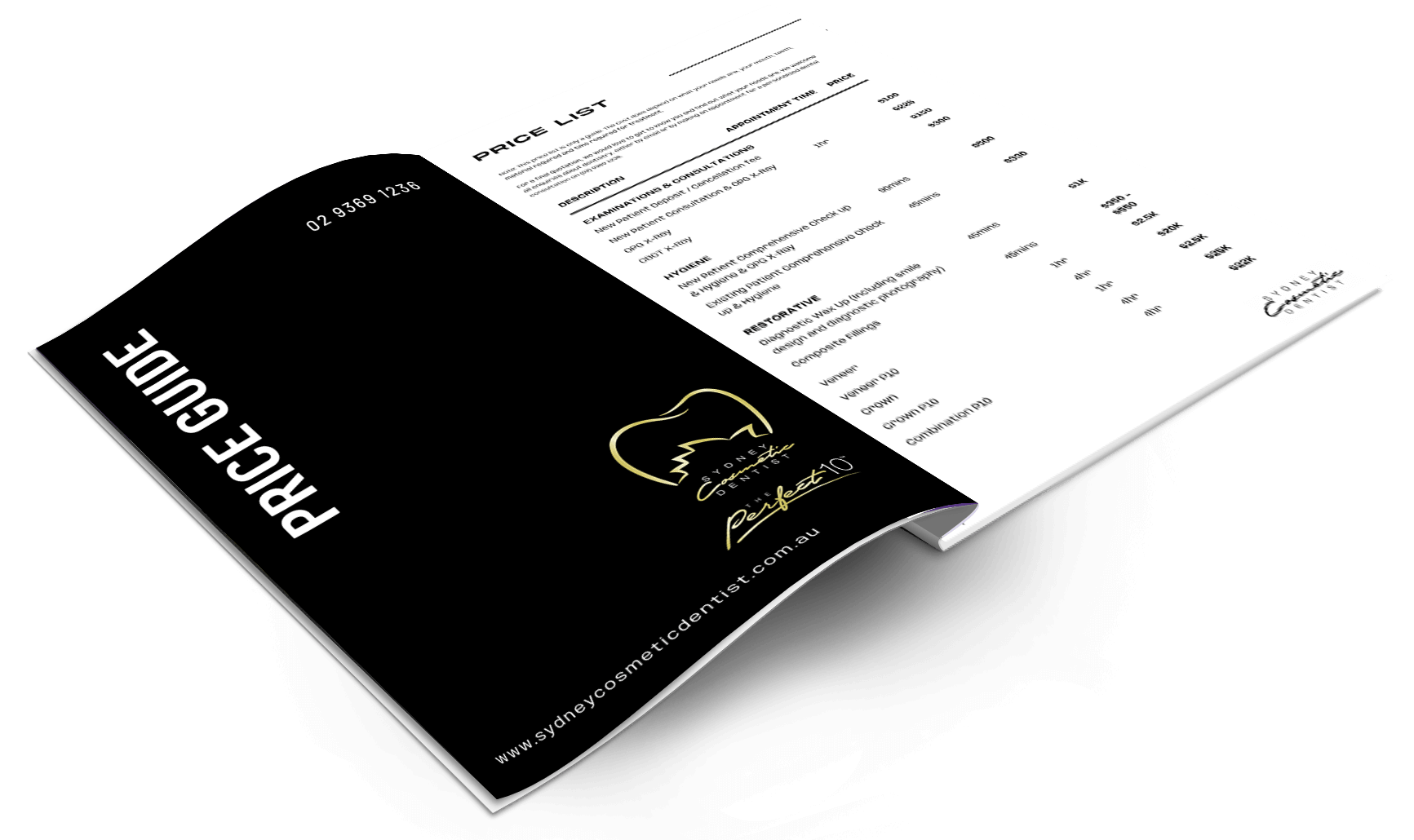
Download Our Complimentary Price List
6 Signs
Signs You May Have an Infected
Tooth Root
Sensitive tooth with an aged cavity
While not all tooth or mouth pain means you have an infected tooth root, it is best to have a dental checkup to eliminate any infection or treat any cavities before they spread.
7 Benefits
The Benefits of Root Canal Treatment
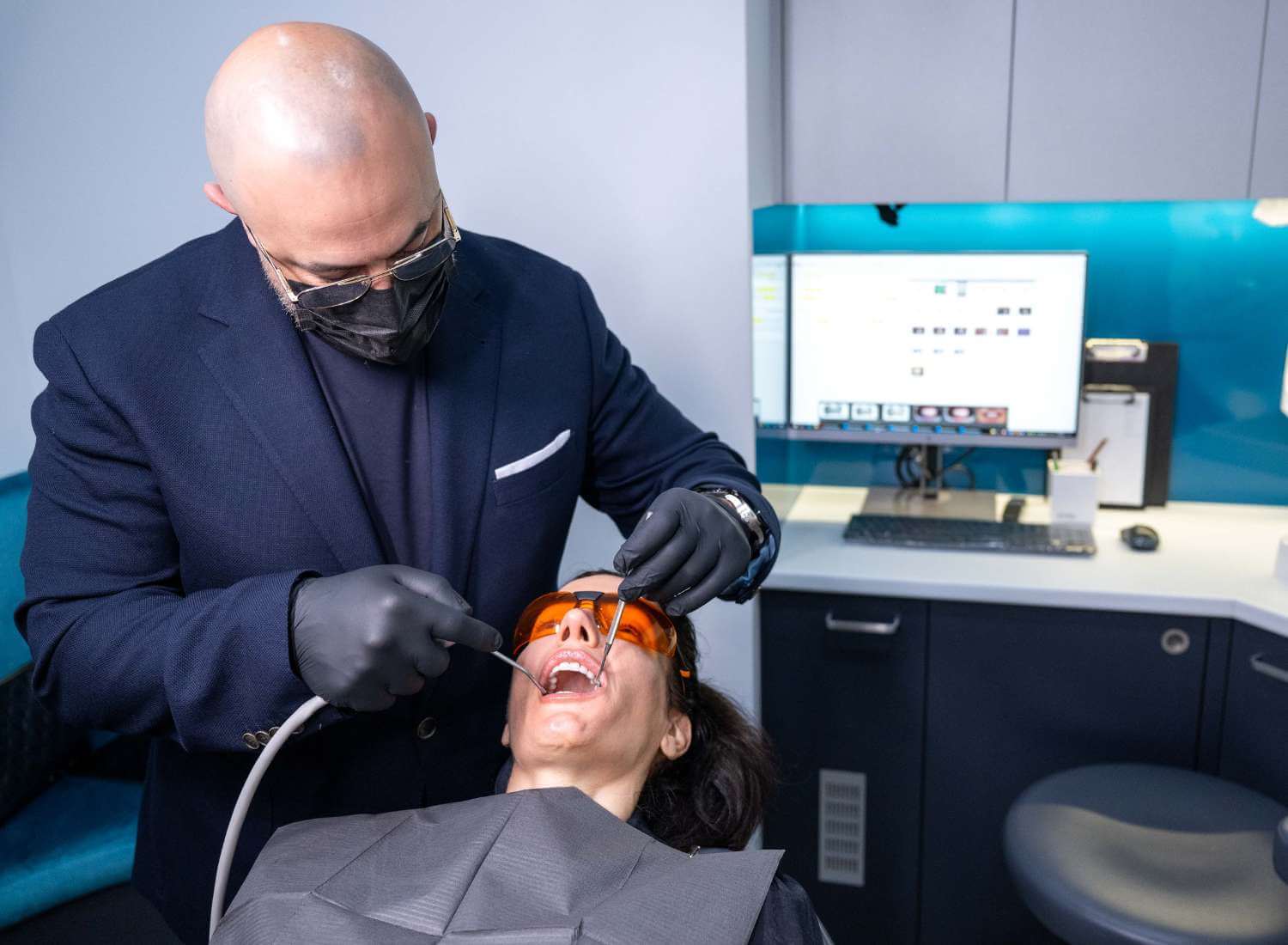
The most sought-after benefit of root canal treatment is to eliminate pain and discomfort. Endodontic therapy eliminates infection to stop it from spreading to other areas of your body and can save the tooth structure by cleaning the infection and placing a dental crown over the remaining tooth.
This treatment will help restore the function of your bite and keep your tooth for longer. The following are more benefits of root canal treatment:
8 CONTACT US
Are You Experiencing Tooth Pain?

If you have a toothache or pain, don’t delay. Call today and schedule a dental appointment with us. We will do a full exam and bring you the relief you need.
If you have a toothache or pain, don’t delay. Call today and schedule a dental appointment with us.
We will do a full exam and bring you the relief you need.
Disclaimer: The material posted is for informational purposes only and is not intended to substitute for professional medical advice, diagnosis or treatment. Results vary with each patient. Any dental procedure carries risks and benefits. If you have any specific questions about any dental and/or medical matter, you should consult your dentist, physician or other professional healthcare providers.


